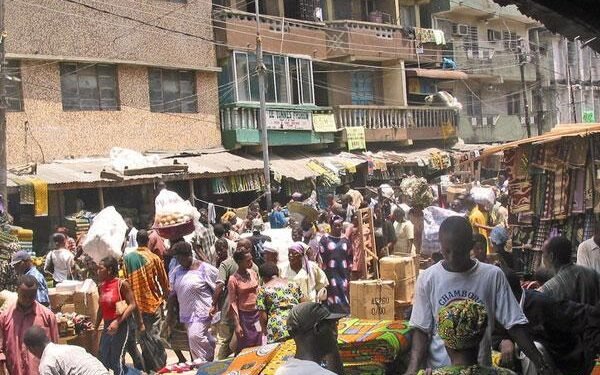Nigeria is to set up what it calls a National Broadband Alliance for Nigeria (NBAN) to foster collaboration for broadband development and adoption.
The country’s Ministry of Communications, Innovation and Digital Economy announced this in a recently published white paper called Broadband Access For All: Deepening Nigeria’s National Backbone and Middle Mile Infrastructure.
It note that broadband penetration currently stands at about 45.57% in Nigeria and only about 39% of the population currently resides within five kilometres of fibre networks.
Low last mile FTTx connection rates and fibre-to-tower connection rates, modest download speeds, and a digital divide between urban and rural areas are other problems the NBAN hopes to address.
NBAN is described as a multi-stakeholder collaboration aimed at spearheading a concerted effort to achieve universal broadband access across the nation.
The alliance will bring together key stakeholders from the public and private sectors, as well as civil society, to collaboratively develop sustainable business model(s) for driving the adoption and consumption of internet in key critical public institutions (such as schools, hospitals, government offices, libraries and markets) across the nation.
The aim of driving digital inclusion and awareness to ensure the inclusion of all segments of society in the digital economy and allow more people to benefit from the advantages of broadband connectivity is an admirable one but it clearly won’t be easy.
The white paper agrees that numerous challenges need to be addressed, including the feasibility of access and installation across different terrains, construction and permit issues, rights of way negotiations and routing fibre through existing infrastructure and public utilities. Maintenance, repairs, and operation as well as payback periods are also sticking points mentioned by the paper, which can be found here.
The pilot phase of the initiative will kick off in seven states of the country before the end of Q1 2024.










